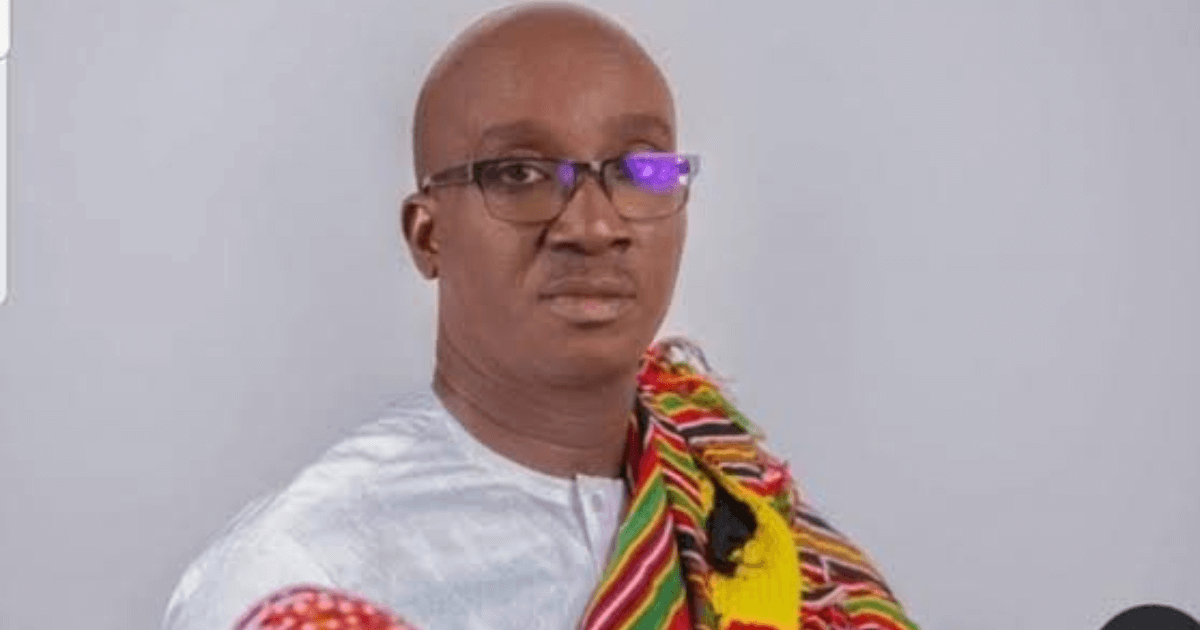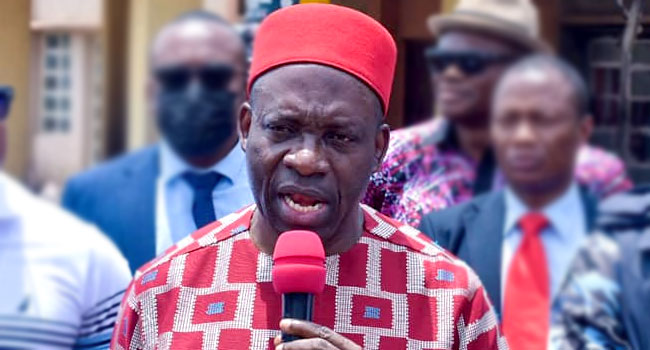Sir: For those that have been following with a keen interest, Rivers politics has been intensely boiling for almost a year now. First, a state governor losing a control of his entire cabinet members, and the State Assembly intended to serve him an impeachment notice. Instead to allow that unfortunate event to happen, he instructed demolition of the House Assembly chamber. This single act could’ve been termed as an absolute abuse of power and treasonable offence against the democratic settings of our land. Again, nothing happened.
Secondly, while on that mission of emancipation, we have watched with dismay how the police, under instructions from those close to the corridors of powers, discharged hot water on the Executive Governor of Rivers, all in the attempt to stop him from having access to the Assembly chamber. However, that didn’t stop him. The governor used executive power to present his budget to minority assembly members, which was considered as illegitimate way of democratic processes. Again, nothing happened.
Thirdly, over the last few months, there has been tension in the state because the tenure of the existing local government chairmen expired. As a result, the Wike and Governor Fubara’s camp started throwing heavy threats. The former’s camp is claiming that only the court of law can sack them while the later are saying, based on the orders from the governor, they must vacate their seats before the expiry date. As I am writing this, it is getting spontaneously tense in Rivers, and only God knows when this melting pot will stop boiling.
Ever since these series of events started to emerge in Rivers, the security forces in the state, despite multiple court orders and proceedings, have been working closely with Fubara. There has never a time when a Commissioner of Police publicly disagreed with the governor. In fact, the first CP was removed and new one was issued into the state at the peak of the turmoil just to make things easier for the governor.
Rivers, being one of the oil-producing states, is a critical factor to Nigeria’s evaporating economy. With political instability on ground, a clear threat to the national security is conspicuously aiming to emerge. However, there was never a time the security forces takeover some portion of the state against the state governor’s order. There was never a time security forces usurped the executive governor. There was never a single time.
On the other hand, in Kano, the state government passed a law to revert the Emirate to its status quo, which has been in existing over 100 years ago. The governor, by the power given to him constitutionally, signed the bill into law. By that single Act, the governor generously refused to send the dethroned out of the state against the tradition of the Emirate in the past.
Despite this, some political actors find themselves in a position to destabilise the peaceful coexistence of the state, which has given them everything. Consequently, with the help from the above, they have been fanning the embers of resentment which continues to smolder, threatening to reignite from time to time.
It should be noted that, the Rivers and Kano issues are mutually exclusive and collectively exhaustive events. However, the latter seems to have drawn more attention to the security forces and federal government, despite posing significantly less threat to the national security than the one in Rivers. The question is: why always Kano?
Again, it should be noted that the political actors, having been democratically defeated at the polls twice, including the courts, are hell-bent to continuously cause unending chaos in Kano State, and therefore prepare them for 2027 election.
We shall remind the Federal Government that the people who are encouraging them to challenge a democratically elected governor are not doing the entire process a favour. More specifically, the state actors should note that they are setting a dangerous precedence because tomorrow, someone with access to power could play a worse syntax against the laws in the land.
The world is watching, and seven years—even if those in power secure re-election—will quickly pass.
Haroun Muhammed wrote from Lagos.

 5 months ago
7
5 months ago
7















 English (US) ·
English (US) ·